WEBINAR | Disaster Preparedness and Response for Aging Populations (video available)

JCIE and the Economic Research Institute for ASEAN and East Asia (ERIA) co-hosted a webinar on how national and local government and communities can better prepare and respond to disasters, particularly in light of the impact of climate change.
10 Years after 3/11: Reflecting on Lessons Learned
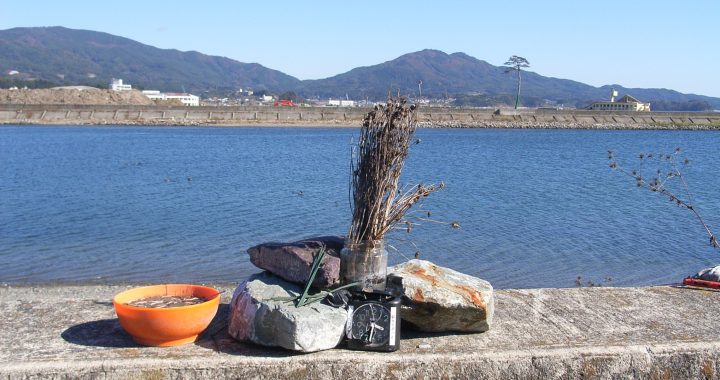
On March 11 2011, a magnitude 9.1 earthquake struck off the coast of Japan’s Tohoku region, followed by hundreds of aftershocks and a devastating tsunami. JCIE quickly launched efforts to support the international response by serving as a bridge between overseas donors and Japanese groups working in the disaster zone, facilitating coordination among American and Japanese humanitarian organizations, and disseminating information and analysis to support responders. We have highlighted some of the vital lessons learned from the international response efforts.
Japan’s Friendship with the US Remains Unshakable
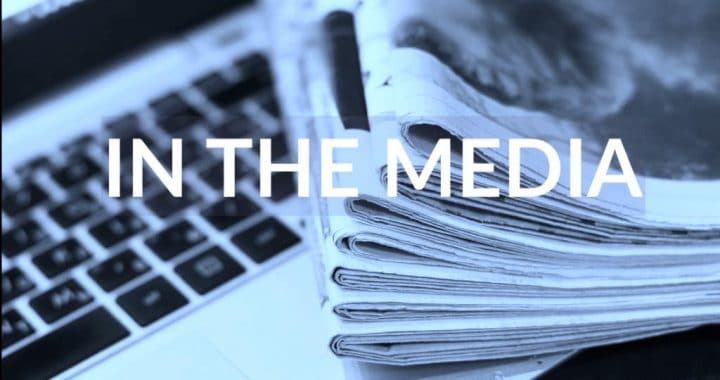
This opinion piece was written by Ambassador Koji Tomita, who references a 2016 JCIE survey on US givings in the Great Tohoku Earthquake and Tsunami disaster response.
JCIE Publications | Becoming Strategic Partners: Lessons for NGOs and Government Agencies from the American Experience
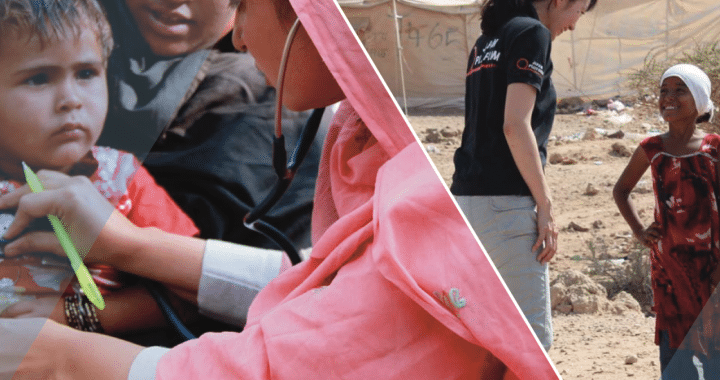
This report examines how strategic partnerships between NGOs and the US Government operate and why they emerged, drawing lessons on how Japanese NGOs might develop similar partnerships and build the foundations for deeper US-Japan cooperation on development.
Immersive Learning: A Haunted House in Japan Teaches Citizens Earthquake Preparedness

At the Tokyo Rinkai Disaster Prevention Park, visitors go through an “experience learning facility” where they’re taught how to survive in the immediate aftermath of a major natural disaster. In a country like Japan, where major earthquakes threaten to kill thousands and decimate GDP, this kind of simulation training could be invaluable to the civilian population.
JCIE Publications | Strengthening US-Japan NGO Partnerships on Humanitarian Responses
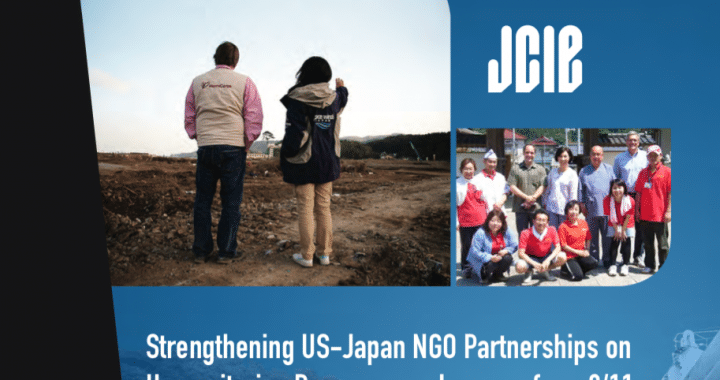
This two-year study assesses the effectiveness of Japanese NGOs’ international partnerships in the response to the 3/11 disaster. Based on interviews with key figures from Japanese and Western NGOS, donors, and governments, JCIE proposes nine measures to strengthen US-Japan NGO partnerships.
JCIE Publications | Bringing People Together: Assessing the Impact of 3/11 on US-Japan Grassroots Exchange
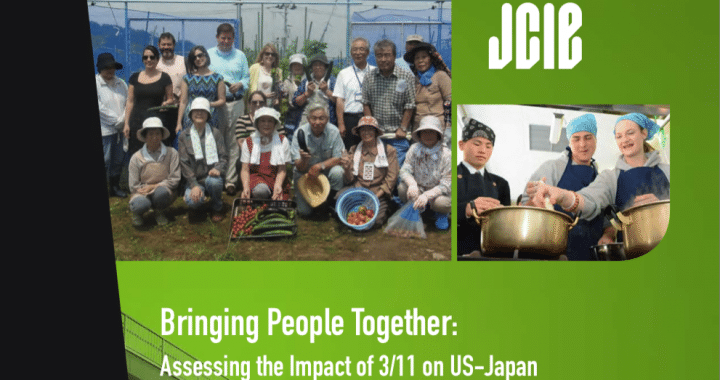
Dr. Atsuko Geiger analyzes the depth of preexisting US-Japan grassroots ties, which was made evident by the international response to Japan’s 3/11 disaster, and also how these efforts can continue to play a role in the future.
US-Japan Parliamentary Exchange | 2015 Japanese Diet Delegation to the US
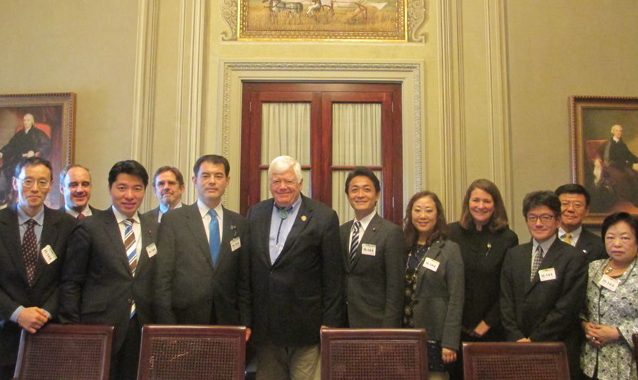
The 2015 US-Japan Parliamentary Exchange Program brought the 28th delegation of Japanese diet members and parliamentarians to the US, where they met and engaged in discussions with members of Congress and their staff, journalists, and policy experts.
UK-Japan 21st Century Group | 28th Conference

The 28th annual meeting of the UK-Japan 21st Century Group was convened in London on May 19–22, 2011. Thirty-two senior Japanese and British figures discussed areas for potential greater collaboration between Japan and the United Kingdom.
Strengthening Nongovernmental Contributions to Regional Security Cooperation | Tokyo Workshop

On January 18–19, 2010, the participants gathered in Tokyo for a workshop to discuss initial findings of a project examining (1) the roles of civil society in enhancing regional security cooperation, (2) common features of the roles of civil society beyond the issue areas, and (3) key factors for successes of civil society activities contributing to regional security cooperation.
